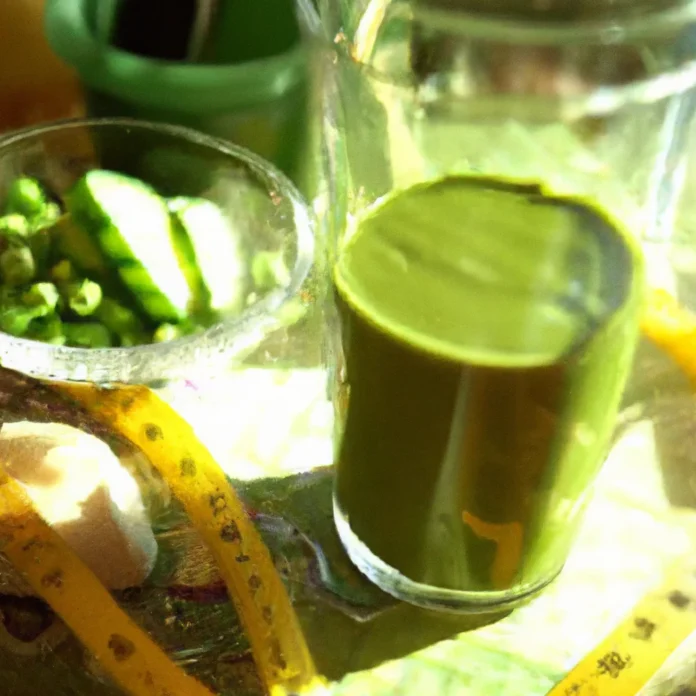The Benefits of Pea Protein for Weight Loss & Muscle Toning
In today’s health-conscious society, achieving an ideal body weight while maintaining muscle tone is a top priority for many individuals. Among various nutritional supplements, pea protein has gained significant attention for its remarkable contributions to weight loss and muscle toning. This article delves into the numerous advantages of pea protein, elaborating on its nutritional benefits, how it aids in weight loss, and its role in enhancing muscle tone.
Understanding Pea Protein
Pea protein is derived from yellow peas and is a popular plant-based protein source. It contains a rich array of essential amino acids, making it an excellent choice for those seeking to improve their dietary intake without relying on animal products. Pea protein is not only hypoallergenic but also easily digestible, making it suitable for people with various dietary restrictions.
Key Nutritional Benefits of Pea Protein
One of the primary reasons pea protein is favored by health enthusiasts is its impressive amino acid profile. It contains high levels of branched-chain amino acids (BCAAs), which are crucial for muscle repair and growth. Additionally, it is rich in iron, magnesium, and other micronutrients that support overall health.
- Rich in Essential Amino Acids: Pea protein provides all nine essential amino acids, although it is lower in methionine. Pairing it with other protein sources, such as rice protein, can create a complete amino acid profile.
- High in Fiber: Pea protein is a good source of dietary fiber, which aids in digestion and promotes a feeling of fullness, making it easier to manage weight.
- Low in Allergens: Being plant-based, pea protein is free from common allergens like dairy, soy, and gluten, making it an ideal choice for many individuals.
Pea Protein and Weight Loss
Weight loss often requires a careful balance of calorie intake and expenditure. Incorporating pea protein into your diet can significantly aid in this process. Here are several ways pea protein contributes to weight loss:
1. Enhances Satiety
One of the critical factors in weight management is feeling satisfied after meals. Pea protein has been shown to enhance feelings of fullness, which can reduce overall calorie intake. By incorporating pea protein into meals or snacks, individuals may find themselves less likely to overeat.
2. Supports Muscle Mass During Weight Loss
When losing weight, the goal is often to preserve lean muscle while shedding fat. Pea protein helps maintain muscle mass, especially when combined with strength training exercises. This is vital because muscle tissue burns more calories at rest compared to fat tissue, aiding in long-term weight management.
3. Low in Calories and Fat
Pea protein is relatively low in calories and fat compared to other protein sources. This makes it an excellent addition to a weight loss regimen. By replacing higher-calorie snacks and meals with pea protein-based options, individuals can create a calorie deficit necessary for weight loss.
Pea Protein for Muscle Toning
In addition to weight loss, pea protein is also effective for muscle toning. The following points highlight how pea protein supports muscle development:
1. Promotes Muscle Recovery
After an intense workout, the body requires high-quality protein to repair and rebuild muscles. Pea protein contains BCAAs that play a vital role in muscle recovery, reducing soreness and promoting quicker recovery times.
2. Ideal for Post-Workout Nutrition
Consuming pea protein after workouts provides the body with the necessary amino acids to support muscle growth. Whether in the form of a shake or incorporated into a meal, it serves as an efficient post-workout fuel source.
3. Supports Strength Training Goals
For those engaged in strength training, incorporating pea protein can enhance performance and results. Studies have shown that individuals who consume protein post-workout experience improved strength gains compared to those who do not.
How to Incorporate Pea Protein into Your Diet
Integrating pea protein into your daily routine can be both easy and delicious. Here are some effective ways to do so:
- Smoothies: Add a scoop of pea protein powder to your morning smoothie for a nutritious boost.
- Baking: Incorporate pea protein into baked goods such as muffins or pancakes for added nutrition.
- Soups and Stews: Mix pea protein into soups or stews to enhance their protein content.
- Protein Bars: Homemade protein bars can be a great snack option, utilizing pea protein as a base.
Potential Side Effects of Pea Protein
While pea protein is generally safe for most individuals, some may experience digestive discomfort if consumed in excessive amounts. It is essential to start with a small serving and gradually increase as tolerated. Additionally, individuals with specific allergies should consult a healthcare provider before adding any new supplement to their diet.
Buy Myprotein Products
Explore Myprotein’s range of health supplements for all your fitness needs!
The Future of Pea Protein in Nutrition
As the demand for plant-based diets continues to rise, pea protein is set to play a significant role in future nutritional guidelines. Its versatility, nutritional profile, and contribution to health make it a valuable addition to various diets. As research continues to emerge, we can expect to discover even more benefits of this remarkable protein source.
Conclusion: Unlocking the Power of Pea Protein
In conclusion, pea protein is a potent ally in the journey towards effective weight loss and muscle toning. With its ability to enhance satiety, support muscle recovery, and provide essential nutrients, it is a top choice for those looking to improve their health and fitness. As we navigate the complexities of nutrition, let us not forget the powerful impact that high-quality proteins can have on our bodies.
To maintain an informed approach to health and wellness, we encourage you to stay updated with valuable insights from News Box.
“Fuel your body right with pea protein, and watch your fitness goals come to life!”

